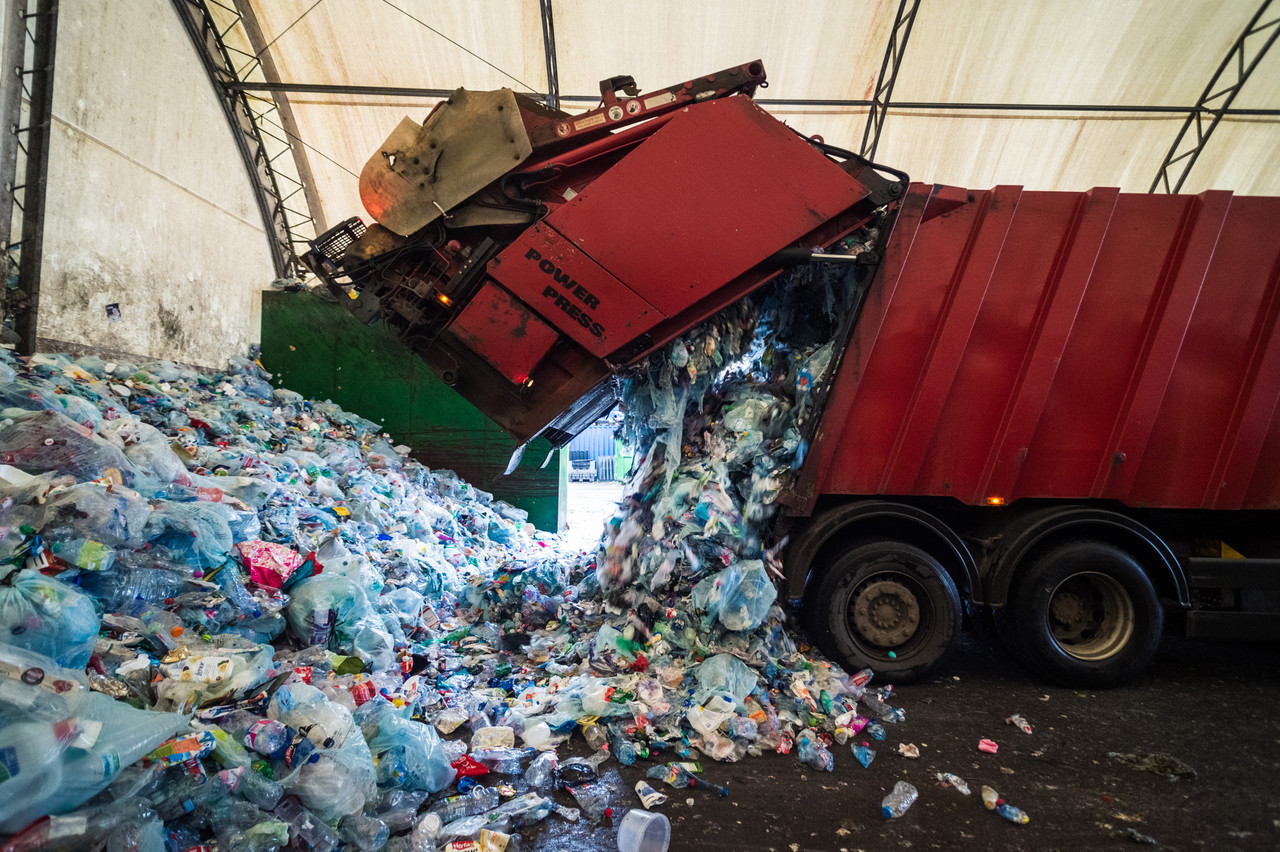In 2020, Luxembourg recycled 34.7% of its plastic packaging waste, just below the average EU rate of 37.7% but far below those of nearby countries, such as Germany (46.2%) and Belgium (44.7%). However, the recycling rate of plastic packaging waste in France was even lower than in Luxembourg--21.4%--while the lowest rate in the EU was in Malta (10.2%).
In fact, people in Luxembourg generated 39.08kg of plastic packaging waste on average in 2020, which is similar to the level in Germany (39.71kg). However, only 13.56kg of plastic waste was recycled per capita in Luxembourg, compared to 18.33kg in Germany.
On the other hand, people in Belgium, on average, produced less plastic packaging waste (32kg) but recycled more (14.3kg) than those in Luxembourg. France also generated less plastic waste (35.69kg) per capita than Luxembourg, but their rates of recycling were approximately half that of the grand duchy--only 7.65kg of plastic packaging waste was recycled per capita.
Overall, Luxembourg produced 205.22kg of packaging waste per capita in 2020, well above the EU average of 177.24kg and more than its neighbours France (187.6kg) and Belgium (167.28kg), but less than in Germany (225.79kg).
That amounts to a total of 24,636 tonnes of packaging waste for the grand duchy. 8,551 tonnes were recycled, leaving 16,085 tonnes of packaging un-recycled. More information on the dataset can be found .
Read also
Plans for Luxembourg
Contacted regarding future recycling, Luxembourg’s environment agency detailed plans to help tackle plastic packaging waste. The “” (Law of 9 June 2022 modifying the law of 21 March 2017 relative to packaging and packaging waste) prescribes specific recycling quotas for different types of packaging waste. For plastic packaging waste, 50% of plastic packaging should be recycled by 2025, and 55% should be recycled by 2030. This is compared to the 22.5% recycling quota for plastic packaging for 2020. In addition, quotas specifically for plastic bottles have also been established: 77% should be recycled in 2025 and 90% in 2029.
In order to reach these quotas, several measures have been decided, such as the creation of a producer responsibility chain for non-domestic packaging waste (similar to the Valorlux system for domestic packaging waste), as well as the implementation of structures for separated waste collection in supermarkets and in apartment buildings.
Though recycling is an important process in waste management, the agency notes, avoiding plastic waste (or waste in general) is a better option. The law, therefore, also addresses the use of plastic and packaging in general. Starting from 1 January 2023, public events have to decrease the use of single-use products (food containers, plates, cutlery, cups, etc.) made of plastic. Starting from 3 July 2024, public events have to decrease the use of single-use products made of any material which is single-use.
Moreover, restaurants will have to decrease the use of single-use plastics. As of January 2023, servings made at the restaurant itself (milk, sugar, bottles etc.) cannot be made in single use containers.
Edited 21 October, 15:30 to include the responses from Luxembourg’s environment agency.
